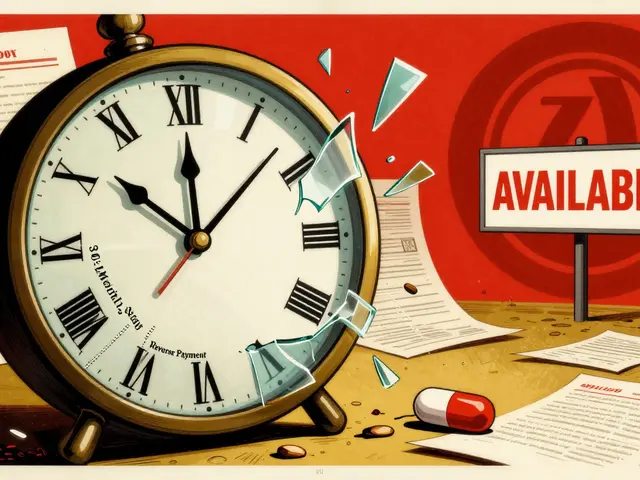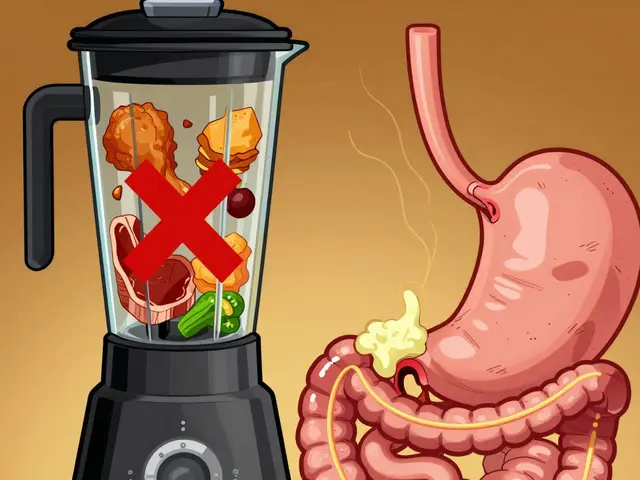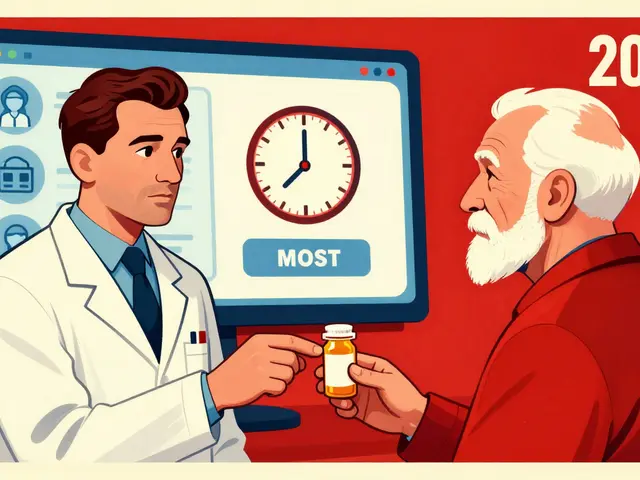Mucus Clearing COPD: How to Manage Chest Congestion and Breathing Trouble
When you have COPD, Chronic Obstructive Pulmonary Disease, a group of lung conditions that make breathing hard. Also known as chronic bronchitis or emphysema, it causes your airways to swell and fill with thick mucus that’s hard to cough up. This isn’t just annoying—it blocks airflow, makes you wheeze, and increases your risk of infections. If you’re constantly clearing your throat or waking up with a clogged chest, you’re not alone. Millions with COPD deal with this daily, and the right mucus-clearing strategies can make a real difference in how you feel and breathe.
Managing mucus in COPD isn’t about just coughing harder. It’s about using the right tools: bronchodilators, medications that relax airway muscles to open up breathing passages like albuterol (Ventolin), which help you breathe deeper so you can cough more effectively. Then there are mucolytics, drugs that thin mucus so it’s easier to expel—think of them as internal decongestants. Hydration, chest physiotherapy, and even controlled breathing techniques also play key roles. Many people don’t realize that some common cold or allergy meds can actually make mucus thicker, worsening COPD symptoms. It’s not just about what you take—it’s about what you avoid.
What you’ll find in the posts below are real comparisons and practical insights from people who’ve been there. You’ll see how mucus clearing COPD connects to rescue inhalers like Ventolin, why certain antibiotics help during flare-ups, and how chest congestion can trigger sleep apnea, making nights even harder. We cover what works, what doesn’t, and what your doctor might not tell you. No fluff. Just clear, usable info to help you breathe easier today.

27
Sep
Learn effective ways to manage chest congestion when you have COPD. From medication and breathing techniques to lifestyle changes, this guide covers everything you need to know for clearer lungs and easier breathing.






